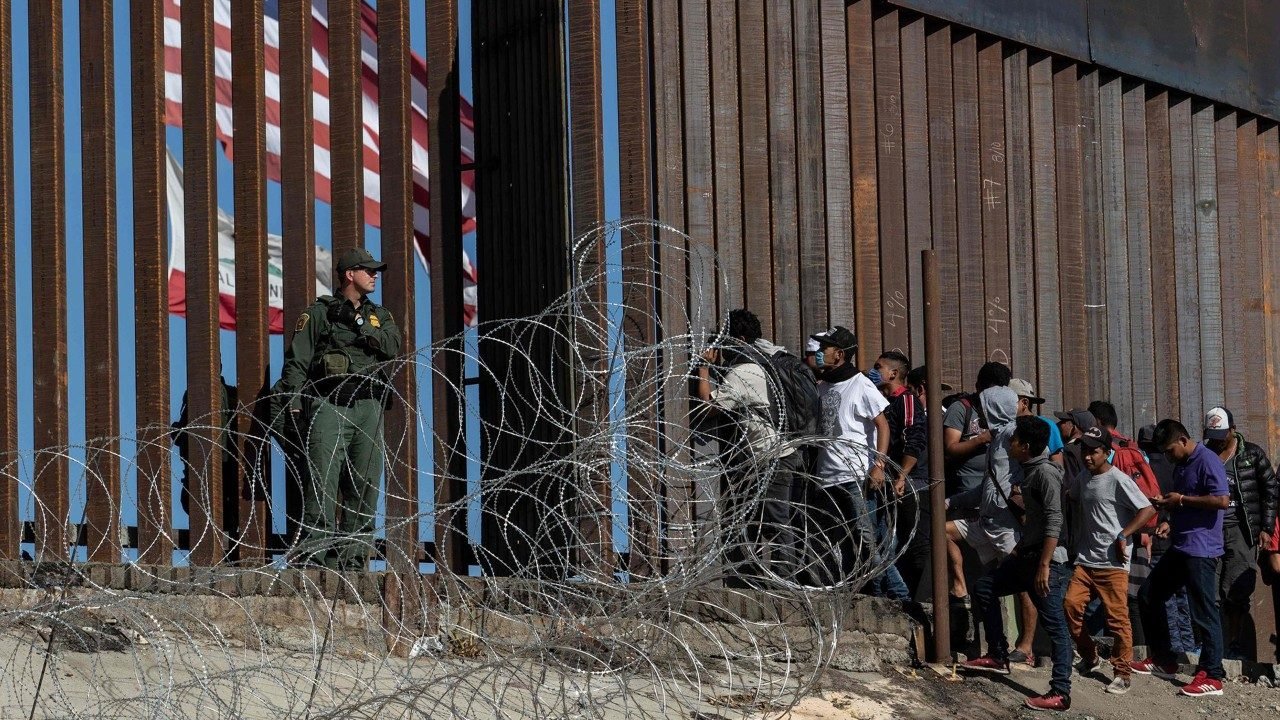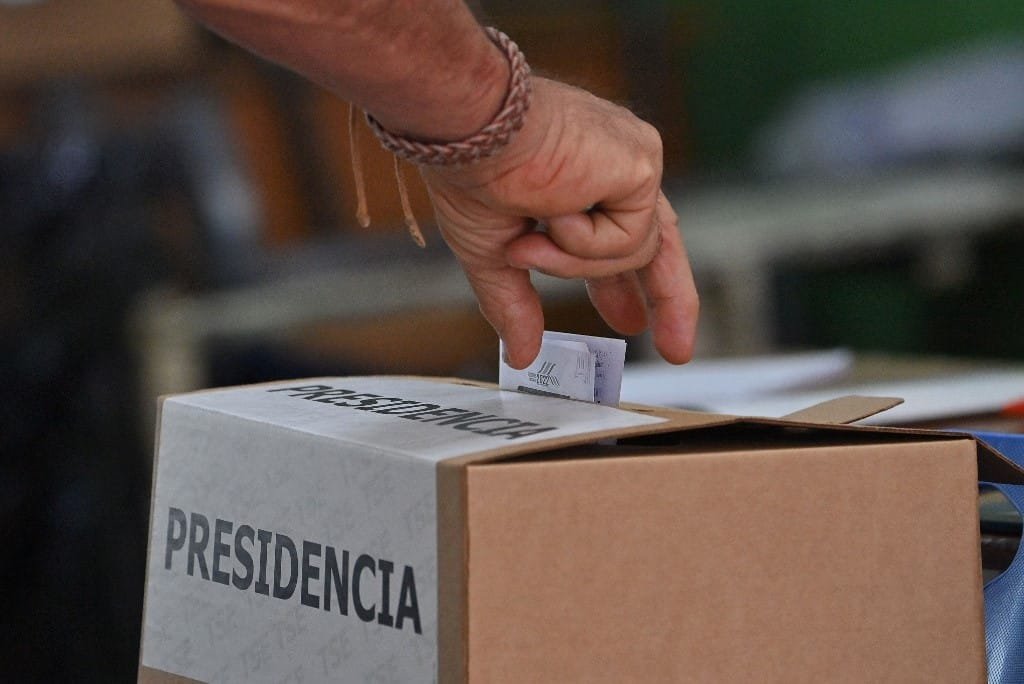
Following a recent meeting in Piedra Negras, Coahuila, the bishops from along the Mexico-U.S. border once again denounce the dire circumstances affecting thousands of people and call for accountability of the violations against human dignity faced by those fleeing war, violence, and extreme poverty.
Vatican News
Mexican migrants attempting to cross the U.S. border are facing increasingly dangerous and inhumane conditions.
Following a recent meeting in Piedra Negras, Coahuila, the bishops from along the Mexico-U.S. border once again denounced the dire circumstances affecting thousands of people. They issued a strong appeal—not only to governments but also to civil society—calling for accountability of the violations against human dignity faced by those fleeing war, violence, and extreme poverty.
The bishops described the migratory route through Mexico as “the most dangerous in the world.” According to the International Organization for Migration, migrants escaping devastating conditions in their home countries face exponentially greater risks as they travel through Mexican territory.
Making difficult even harder
Since January, the U.S. has blocked key legal avenues for seeking asylum, including applications via the CBP One app and humanitarian permits. On top of that, there have also been forced transfers, families separated, and deportations to third countries. The level of insecurity along the route is deeply concerning as kidnappings, extortion, forced labor, and sexual violence have become everyday dangers.
The dismantling of migrant shelters, driven by U.S. policy, has further deepened migrants’ vulnerability and invisibility—particularly in peripheral areas where they live in fear of being detained or forcibly removed and where they lack access to basic services.
Bishop Gustavo García Siller of San Antonio expressed deep frustration with current U.S. immigration policies:
“Migration is always complicated—no doubt, it’s not easy. We, as bishops, have been very proactive, but in the face of these policies, we are experiencing a closing of doors and a defensive stance so strong that it requires us to find new strategies.”
Desperate for a Better Future
According to the news agency SIR, the bishops’ meeting was not just a moment of reflection but also a visit to a migrant shelter, where they heard directly from those who had experienced the journey.
These testimonies, described as “heart-wrenching” by Bishop Alfonso Miranda Guardiola of Piedras Negras, revealed the deep despair of people who had sold everything to make the trip. Many shared stories of constant payments and threats from criminal networks.
Humanitarian organizations operating at the border—providing shelter, legal aid, and humanitarian support—are also struggling, as they no longer have the financial resources needed to continue their life-saving work.
Urgent Action Needed
In their final statement, the bishops called for immediate and coordinated action to “open safe and legal humanitarian corridors for the most vulnerable migrants and refugees.” They reaffirmed their belief that while every nation has the right to protect its borders, it also has the responsibility to safeguard human life and ensure migration is safe, orderly, and humane—this includes respecting the right to asylum.
“The Church reaffirms the urgent need for the rule of law that protects families, especially migrant and refugee families, who are now facing even greater hardships.”
Taking to the Streets Against Violence
Meanwhile, more than 50,000 people, all dressed in white, recently took to the streets of Culiacán to protest the violence plaguing their city. Culiacán, home to 800,000 residents, is a known stronghold of narco power. In the ongoing turf wars between rival gangs, it’s not just the criminals who are killed—ordinary citizens often fall victim too.
Bishop Jesús José Herrera Quiñónez of Culiacán, who joined the peace march, called on people to be a source of hope amid the violence:
“We must walk with those who suffer, teach our young people to seek truth and goodness, and strengthen family and community life. Our city needs, now more than ever, men and women who will become artisans of peace.”




